The Keep Colorado Wild Pass is making waves in the drone community by channeling funds to enhance Search and Rescue (SAR) operations across the state, highlighted by a pioneering drone conference in Denver. On May 31, 2025, Douglas County Search and Rescue teamed up with Colorado Parks and Wildlife (CPW) to host the first-ever Rocky Mountain SAR Unmanned Aerial Systems Conference at the Highlands Ranch Law Enforcement Training Facility. This event, which drew over 60 drone professionals from more than 25 agencies, showcased how a $29 pass—available to Colorado residents and addable to vehicle registrations—supports cutting-edge Drone Technology for life-saving missions, reports KDVR.
Innovative Drone Technology in Action
The conference spotlighted the transformative role of drones in SAR operations, particularly their ability to cover vast wilderness areas quickly. Modern drones, equipped with high-tech cameras and sensors, offer ground crews inaccessible aerial views, as noted by CPW. During a March incident, Douglas County SAR used drones to locate two lost teenagers near Carpenter Peak in Roxborough State Park, spotting a flashing light from 3,000 feet above ground level. Drone lead Darren Keralla of DCSAR explained the technology’s impact:
“From their standpoint, here they are lost in the wilderness, you know, you could hear dad coming over the speaker with some positive words of encouragement. I think it really lifted their spirits.”
The drones also enabled remote communication, allowing a family member to speak directly to the teens, a feat made possible by thermal cameras and onboard speakers.
Benefits for SAR Teams and Recreational Pilots
This funding model benefits not only SAR teams but also recreational drone pilots. The $29 Keep Colorado Wild Pass, derived from sales of the pass and hunting/fishing licenses, funnels critical resources to volunteer-based SAR teams statewide. CPW leverages these drones for wildlife monitoring and land management, demonstrating their versatility. For pilots, this initiative underscores the growing integration of unmanned aerial systems (UAS) into public safety, potentially influencing future regulations and training opportunities. The conference’s success, as described by CPW Emergency Management Coordinator Brent Lounsbury, “was an outstanding success,” fostering collaboration among professionals.
Industry Trends and Future Implications
The Rocky Mountain SAR UAS Conference marks a shift toward standardized drone use in SAR, with over 60 attendees sharing best practices and lessons learned. This peer-to-peer exchange, as highlighted by Douglas County SAR President Dave Miska:
“allowed us to get everyone in a room, make contacts and share best practices. I particularly enjoyed the question and answer sessions after each presentation, where critical discussions and learning were exchanged peer-to-peer.”
Plans are underway for a larger event next year, signaling a rising demand for UAS expertise. Economically, the pass’s affordability—$29 translates to roughly $22 USD after accounting for regional pricing variations—makes it a sustainable funding source, while operationally, it enhances response times in Colorado’s rugged terrain, where distances often exceed 10 miles.
Regulatory bodies may take note, as the conference’s focus on high-tech sensors and communication systems could shape future UAS guidelines. For drone professionals, this trend highlights the need for advanced training, while enthusiasts can anticipate more accessible technology. The partnership between CPW’s Backcountry SAR program and local teams exemplifies how community-driven initiatives can drive industry innovation, ensuring drones remain a vital tool in Colorado’s wilderness rescue efforts.
You can read more stories about Drones for Good here in DroneXL.co.
Photo courtesy of KDVR / FOX 31 / H. Willard.
Discover more from DroneXL.co
Subscribe to get the latest posts sent to your email.

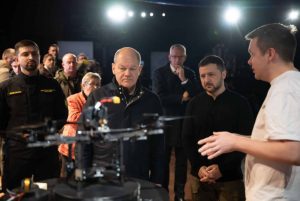
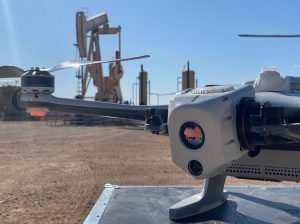
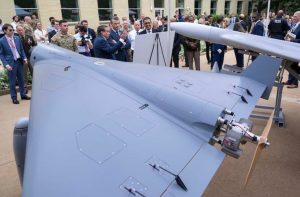
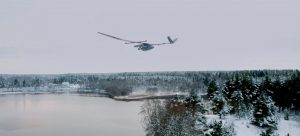
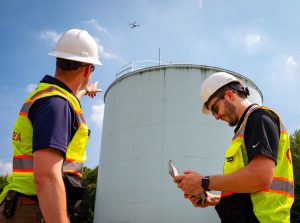





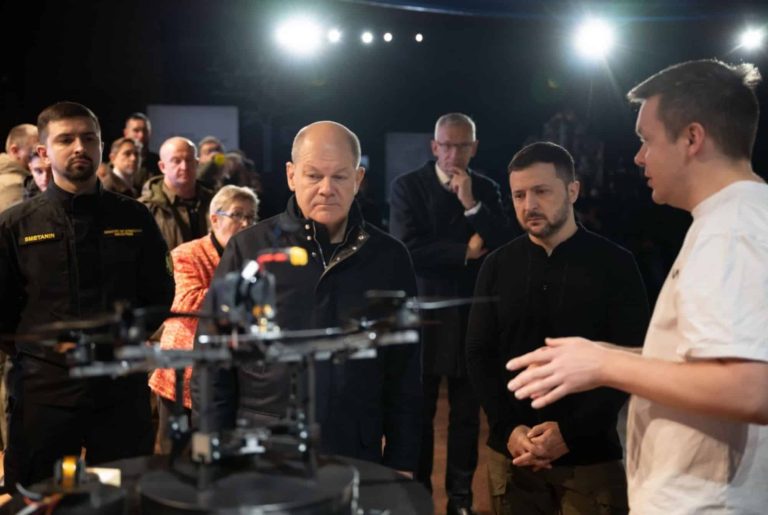
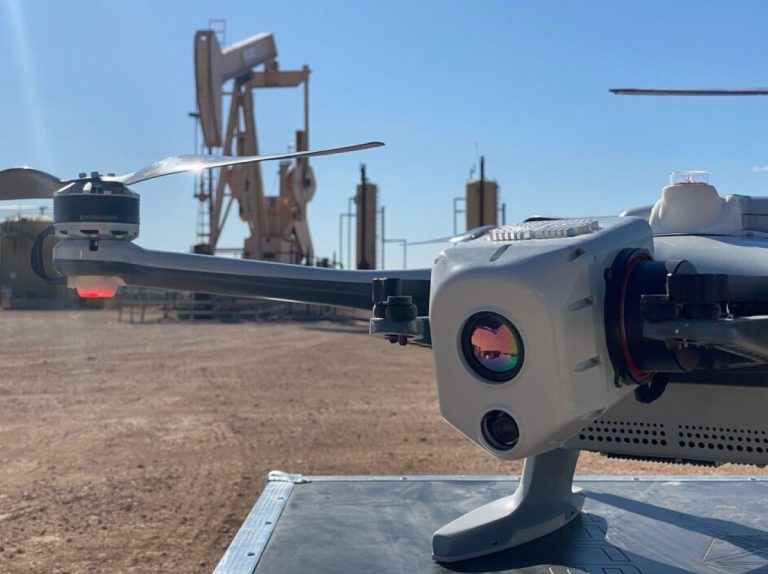

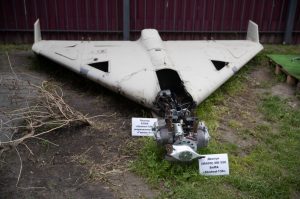
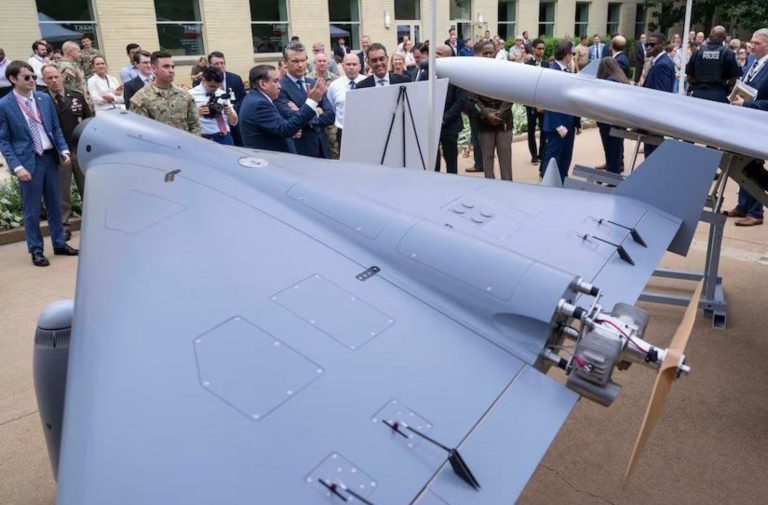
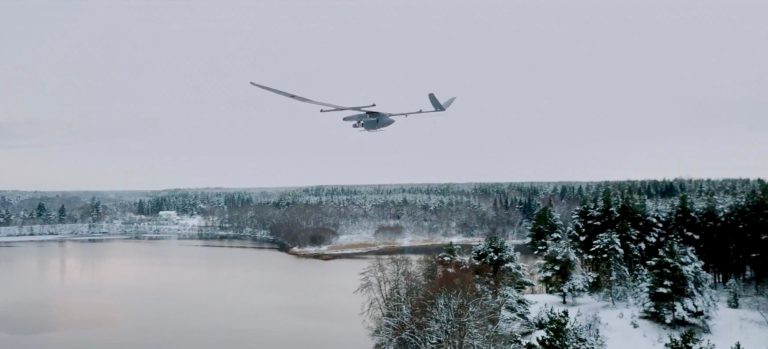
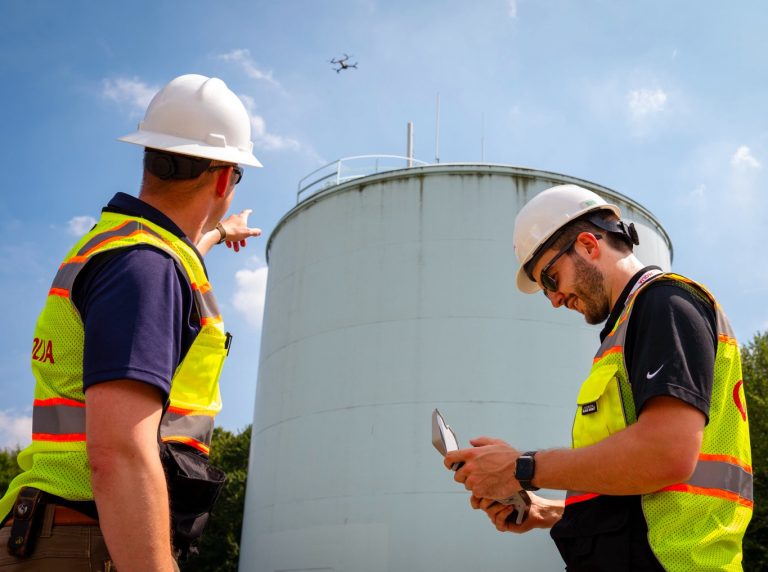


+ There are no comments
Add yours